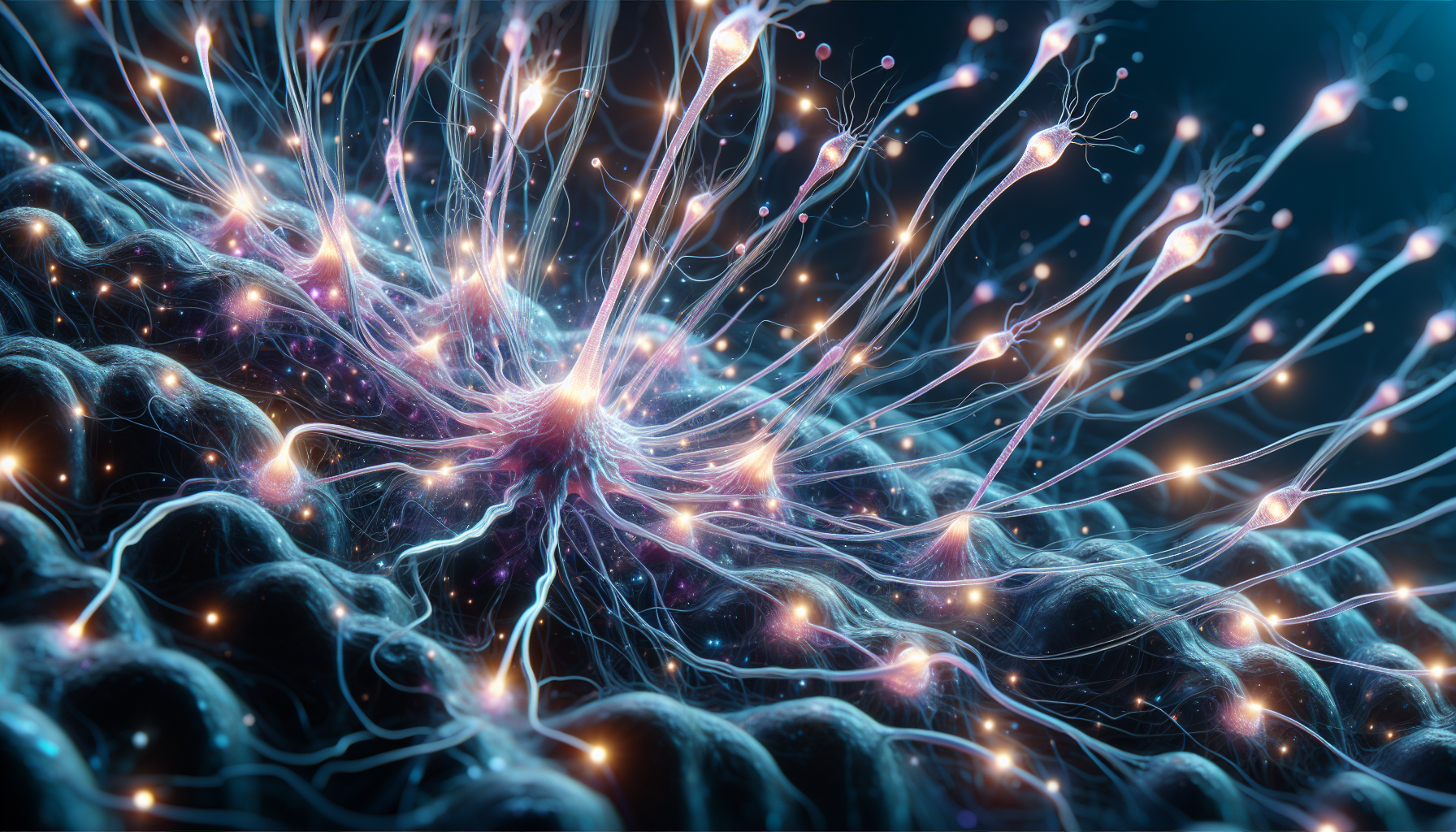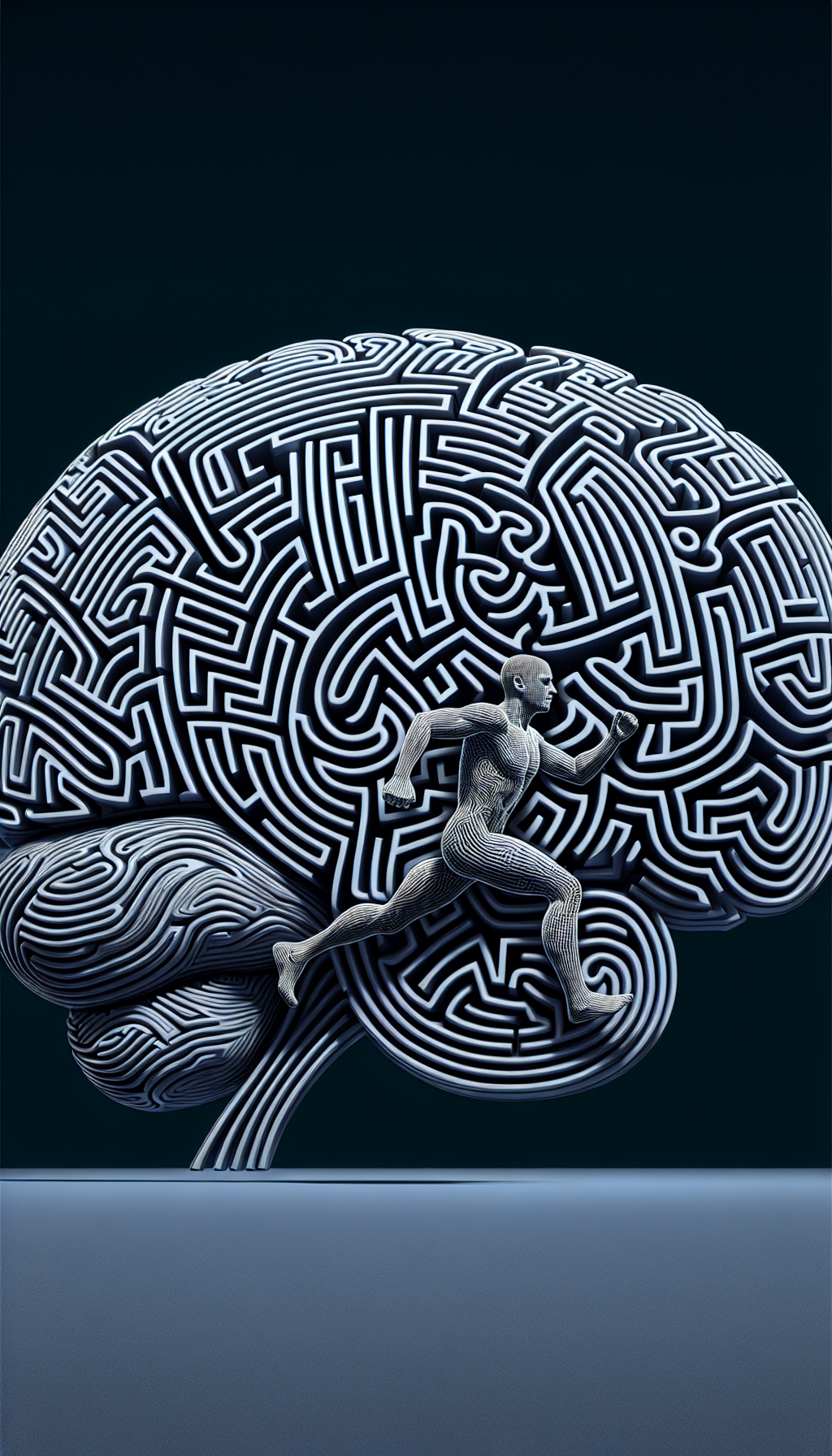Regular physical activity is not only essential for maintaining a healthy body but also plays a crucial role in supporting and enhancing brain health. Neurogenesis, the process by which new neurons are formed in the brain, is a complex phenomenon influenced by various factors, including exercise. This article delves into the fascinating relationship between exercise and neurogenesis, offering insights into how physical activity can lead to improved cognitive function and overall brain health.
Exercise and Brain Health: A Dynamic Duo
The human brain is an incredibly dynamic organ, capable of adapting and changing throughout an individual’s life. This plasticity allows for the creation of new neural pathways and the strengthening of existing ones, which is essential for learning, memory, and cognitive resilience. Regular exercise has been shown to significantly contribute to this neuroplasticity, particularly through the stimulation of neurogenesis in the hippocampus, a region of the brain associated with memory and learning.
For a deeper understanding of brain health and how to maintain it, consider reading Brain Health, which offers a comprehensive overview of the subject.
The Science Behind Exercise-Induced Neurogenesis
When we engage in physical activity, the body increases its production of a variety of growth factors, such as brain-derived neurotrophic factor (BDNF). BDNF acts like fertilizer for the brain, promoting the growth and survival of neurons, and enhancing synaptic plasticity. This means that not only are new neurons created, but they are also more likely to survive and integrate into the brain’s neural networks, contributing to improved brain function.
For those interested in understanding the brain’s natural rhythms and how to optimize them for health, The Science of Brainwave Entrainment for Health is a valuable resource.
The Role of Aerobic Exercise in Enhancing Brain Function
Aerobic exercise, in particular, has been shown to be especially beneficial for the brain. Activities such as running, cycling, and swimming have been associated with increased hippocampal volume, which correlates with better memory performance. Furthermore, aerobic exercise has been found to improve attention, processing speed, and executive function, which are all key components of cognitive health.
To explore the specific cognitive benefits associated with regular physical activity, take a look at Cognitive Benefits of Regular Physical Activity.
The Impact of Exercise on Aging Brains
As we age, our brains naturally undergo structural and functional changes, leading to concerns about cognitive decline. However, exercise has been shown to be a powerful tool in countering these effects. In older adults, regular physical activity has been linked to a reduction in the risk of developing neurodegenerative diseases such as Alzheimer’s and Parkinson’s. It can also help mitigate age-related shrinkage of the brain, preserving both gray and white matter integrity.
For additional strategies to prevent cognitive decline with age, consider reading Strategies to Prevent Age-Related Cognitive Decline.
The Mental Health Benefits of Exercise
Beyond neurogenesis and cognitive function, exercise has a profound impact on mental health. Engaging in regular physical activity has been linked to reductions in symptoms of depression and anxiety. It can also boost mood and self-esteem, providing a natural and effective way to manage stress and emotional well-being.
Integrating Exercise Into Your Lifestyle for Optimal Brain Health
To reap the benefits of exercise for brain health, it’s important to integrate physical activity into your daily routine. This doesn’t necessarily mean spending hours at the gym; even moderate-intensity activities like brisk walking or yoga can have positive effects. The key is consistency and finding a form of exercise that you enjoy and can stick with long-term.
For those seeking to optimize their brain health through lifestyle choices, Benefits of Lifelong Learning on Brain Health offers insights into the importance of continuous mental stimulation alongside physical activity.
The Scientific Community’s Perspective
The link between exercise and neurogenesis is supported by numerous scientific studies. For instance, a study published in the journal "Frontiers in Neuroscience" provides evidence that aerobic exercise increases hippocampal volume and can improve memory in older adults. Another study from "The Journal of Physiology" indicates that high-intensity interval training (HIIT) can boost BDNF levels, potentially leading to enhanced neurogenesis and cognitive performance.
External resources that offer in-depth research on the topic include:
- The effects of physical exercise on adult neurogenesis and cognition published in the National Library of Medicine, which discusses the cellular mechanisms behind exercise-induced neurogenesis.
- Exercise for brain health: An investigation into the underlying mechanisms guided by dose from "NeuroImage: Clinical," exploring the optimal exercise doses for cognitive benefits.
- Aerobic exercise for adult patients with major depressive disorder in mental health services from the Cochrane Library, examining the impact of aerobic exercise on patients with depression.
Conclusion
The positive effects of exercise on neurogenesis and brain health are wide-ranging and significant. By incorporating regular physical activity into our lives, we can not only enhance our cognitive abilities but also protect our brains against age-related decline and mental health challenges. As research continues to uncover the intricate ways in which exercise benefits the brain, it becomes increasingly clear that moving our bodies is one of the most effective strategies we can employ for maintaining a healthy and vibrant mind.
Embracing exercise as a fundamental component of our health regimen will not only improve our physical fitness but also ensure that our brains remain as agile and resilient as possible, fostering a lifetime of learning, memory, and emotional well-being.



